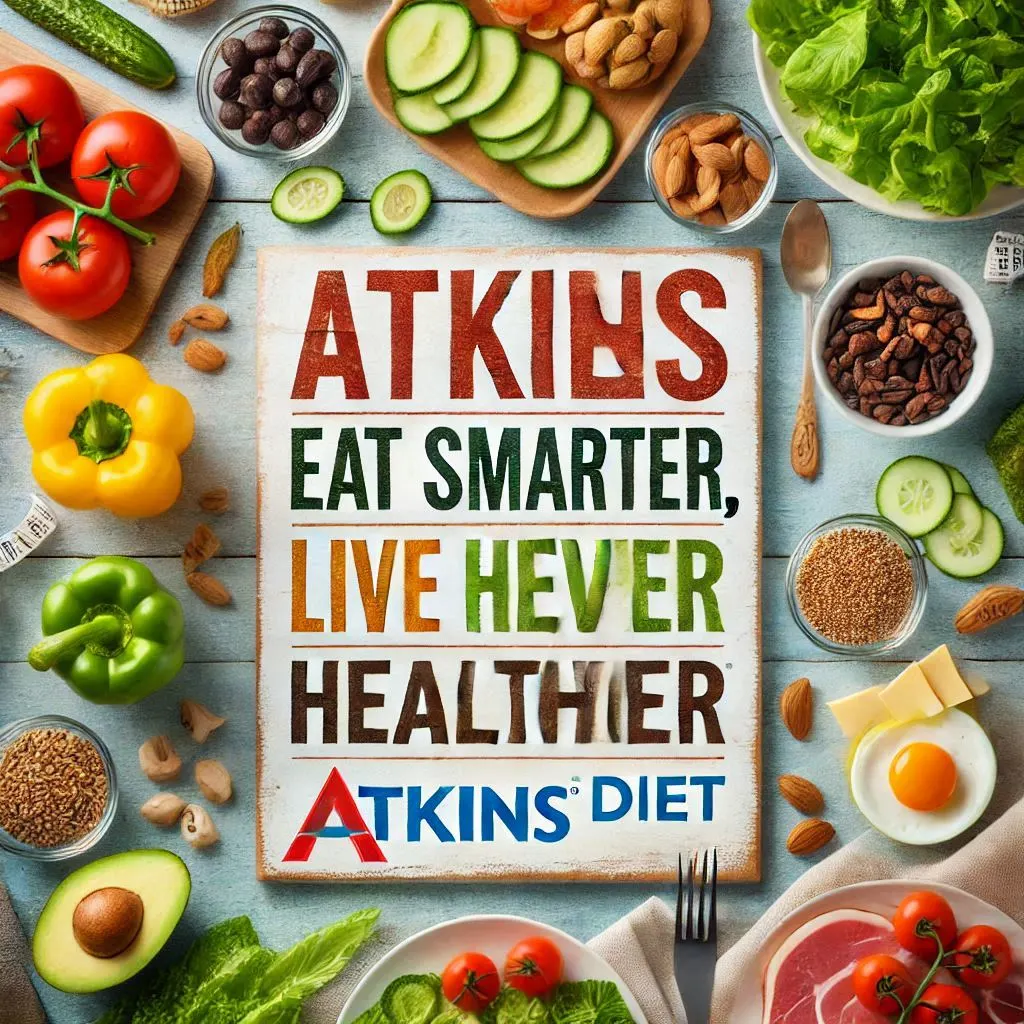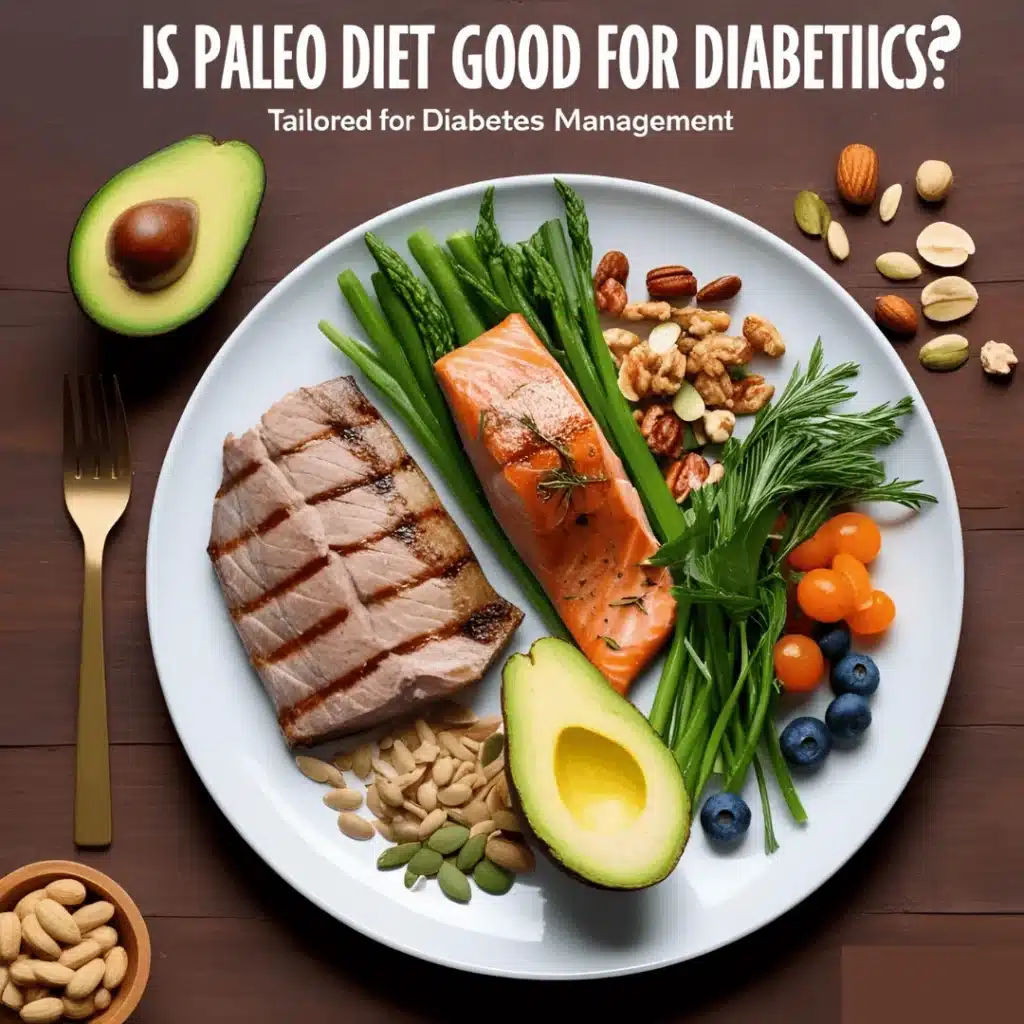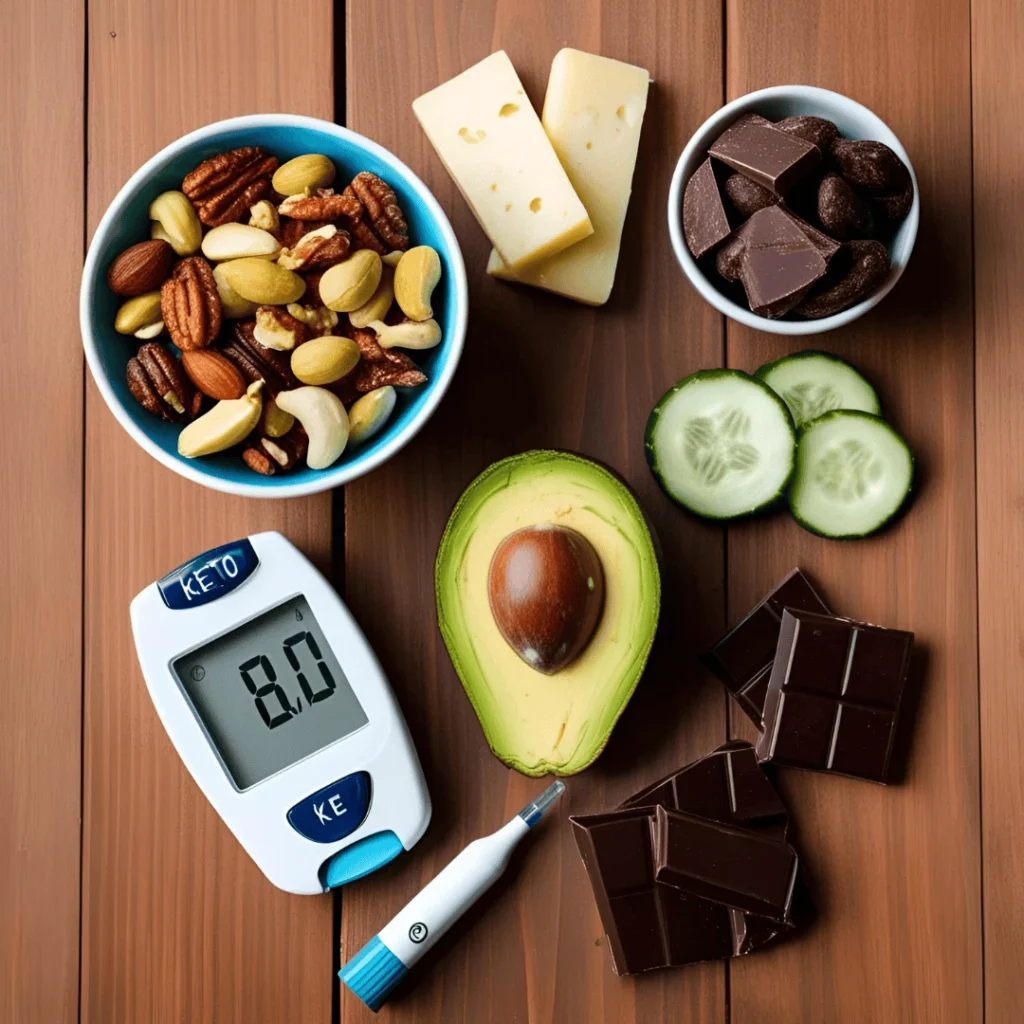Table of Contents
ToggleSummary
While the Atkins Diet can lead to quick weight loss and improved mental focus, it’s essential to consider its potential downsides, like the lack of essential vitamins and minerals, especially in the earlier phases. Hydration and incorporating whole foods can help balance the diet, making it healthier and more sustainable. Consulting with a healthcare provider is crucial to ensure the diet is suitable for your individual health needs. Ultimately, Is the Atkins Diet Healthy depends on personal goals and health conditions, and it’s important to make informed decisions based on your body’s needs.
While the Atkins Diet can lead to quick weight loss and improved mental focus, it’s essential to consider its potential downsides, like the lack of essential vitamins and minerals, especially in the earlier phases. Hydration and incorporating whole foods can help balance the diet, making it healthier and more sustainable. Consulting with a healthcare provider is crucial to ensure the diet is suitable for your individual health needs. Ultimately, Is the Atkins Diet Healthy depends on personal goals and health conditions, and it’s important to make informed decisions based on your body’s needs.
What is the Atkins Diet?
The Atkins Diet is a high-protein, low-carbohydrate eating plan designed to promote weight loss and overall health. By reducing carbohydrate intake, the body enters ketosis, a state where it burns fat for energy instead of carbs. The diet is broken down into four phases:
- Induction: The strictest phase, limiting carbs to 20-25 grams per day, designed to kickstart fat burning.
- Balancing: Gradually reintroduces more carbs through low-carb, high-fiber vegetables.
- Pre-Maintenance: Carbs are reintroduced to find the optimal carb level for weight maintenance.
- Maintenance: The final phase maintains weight loss while allowing a sustainable carb intake that doesn’t hinder fat burning.
Each phase is designed to gradually adjust your carbohydrate intake to support weight loss and long-term health.
Health Benefits of the Atkins Diet
Weight Loss
The Atkins Diet is widely known for its rapid weight loss benefits. By significantly reducing carbohydrates, it encourages the body to burn stored fat for fuel, leading to effective weight loss. The high-protein content of the diet also helps reduce hunger and cravings, making it easier to stick to your eating plan.
Improved Blood Sugar Control
For those with Type 2 diabetes or those at risk, the Atkins Diet can be an effective tool for controlling blood sugar. By minimizing carbohydrate intake, the diet helps reduce blood sugar spikes and supports more stable glucose levels. This can be particularly beneficial for improving insulin sensitivity.
Reduced Risk of Heart Disease
The Atkins Diet has shown potential benefits for heart health, such as lowering cholesterol levels and reducing blood pressure. Studies suggest that by focusing on healthy fats (like those from nuts and avocados), the diet may help decrease the risk of cardiovascular diseases, a major concern for many.
Better Mental Focus
The Atkins Diet can improve mental clarity by eliminating blood sugar fluctuations that can lead to brain fog. Many people report enhanced cognitive function and more consistent energy levels throughout the day, making it easier to concentrate and stay focused.
Potential Risks of the Atkins Diet
Nutrient Deficiency
A major risk of the Atkins Diet is nutrient deficiency. By severely limiting carbs, especially from fruits, vegetables, and whole grains, you may miss out on important vitamins, minerals, and fiber necessary for overall health. This can lead to digestive issues, weakened immune function, and other complications if not addressed.
Kidney Strain
The high-protein nature of the Atkins Diet can be taxing on the kidneys, especially for individuals with existing kidney problems. Excess protein may place additional strain on kidney function, potentially leading to long-term damage in some cases.
Sustainability
One of the biggest challenges with the Atkins Diet is its long-term sustainability. The restrictive nature of the diet can make it difficult for many people to stick with it. Once carbs are reintroduced in the later phases, some individuals may experience weight regain, contributing to the cycle of yo-yo dieting.
How to Make the Atkins Diet Healthier
Incorporating Whole Foods
To mitigate the risks of nutrient deficiencies, it’s essential to include whole, nutrient-dense foods in your diet. Focus on leafy greens, low-carb vegetables, and healthy fats like olive oil, which provide essential nutrients and fiber that the strict phases may lack.
Adequate Hydration
The low-carb nature of the Atkins Diet can cause your body to excrete more water, so it’s crucial to stay well-hydrated. Drinking plenty of water helps with digestion, supports kidney function, and prevents dehydration, a common issue on low-carb diets.
Consulting with a Healthcare Provider
Before beginning the Atkins Diet, consult a healthcare provider, particularly if you have any pre-existing conditions. A doctor or nutritionist can provide guidance on how to safely implement the diet and ensure you’re getting the nutrients your body needs.
FAQs
Is the Atkins Diet safe for everyone?
No, the Atkins Diet may not be suitable for individuals with kidney issues or other specific health conditions. Always consult a healthcare provider before starting any restrictive diet.
Can I follow the Atkins Diet if I have diabetes?
Yes, the Atkins Diet can help manage blood sugar levels in people with Type 2 diabetes. However, it’s important to monitor blood glucose regularly and consult a healthcare professional.
What are some healthy alternatives to the Atkins Diet?
If the Atkins Diet feels too restrictive, alternatives like the Mediterranean diet offer balanced, heart-healthy eating patterns without severe carb restrictions.
Conclusion
In conclusion, Is the Atkins Diet Healthy? The answer depends on individual health goals and how well the diet is followed. While the Atkins Diet offers impressive benefits like rapid weight loss, improved blood sugar control, and a potential reduction in the risk of heart disease, it’s not without its risks. Nutrient deficiencies and kidney strain due to high protein intake are concerns that need to be considered. Additionally, the restrictive nature of the diet can make long-term adherence challenging, leading to potential yo-yo dieting.












